I've got a segfault but I have absolutely no idea how to locate it.
Tips?

I've got a segfault but I have absolutely no idea how to locate it.
Tips?

You can get the location of the C function that caused the crash using the Android NDK Stacktrace Analyzer.
The steps are on the wiki, but basically you need to get the stack trace from logcat into a file (adb logcat > mycrash.log), then dump your library to a text file, then run the program on the two of them. Here's the shell script I use to do the lot:
#!/bin/sh
if test $# -lt 2 ; then
echo "Extract readable stack trace from Android logcat crash"
echo "Usage $0 lib.so crash.log"
exit 1
fi
of=$(mktemp)
echo "Disassemble $1"
~/tools/android-ndk-r5/toolchains/arm-linux-androideabi-4.4.3/prebuilt/linux-x86/bin/arm-linux-androideabi-objdump -S $1 > $of
echo "Parse stack trace in $2"
~/bin/parse_stack.py $of $2
Change the paths to the Android NDK and parse_stack.py file as you need.
How to Effectively Debug Android JNI C/C++ Code in Eclipse:
Setup your project to be a mixed Java, C, and C++ project:
http://mhandroid.wordpress.com/2011/01/23/using-eclipse-for-android-cc-development/
Setup your project to enable debugging:
http://mhandroid.wordpress.com/2011/01/23/using-eclipse-for-android-cc-debugging/#more-23
Note: The author of the site used Eclipse(Galileo) on Ubuntu. I found some differences when using Eclipse(Helios) on MacOS (especially with the debug setup). Once things are set up, Eclipse works very well as an IDE for JNI development.